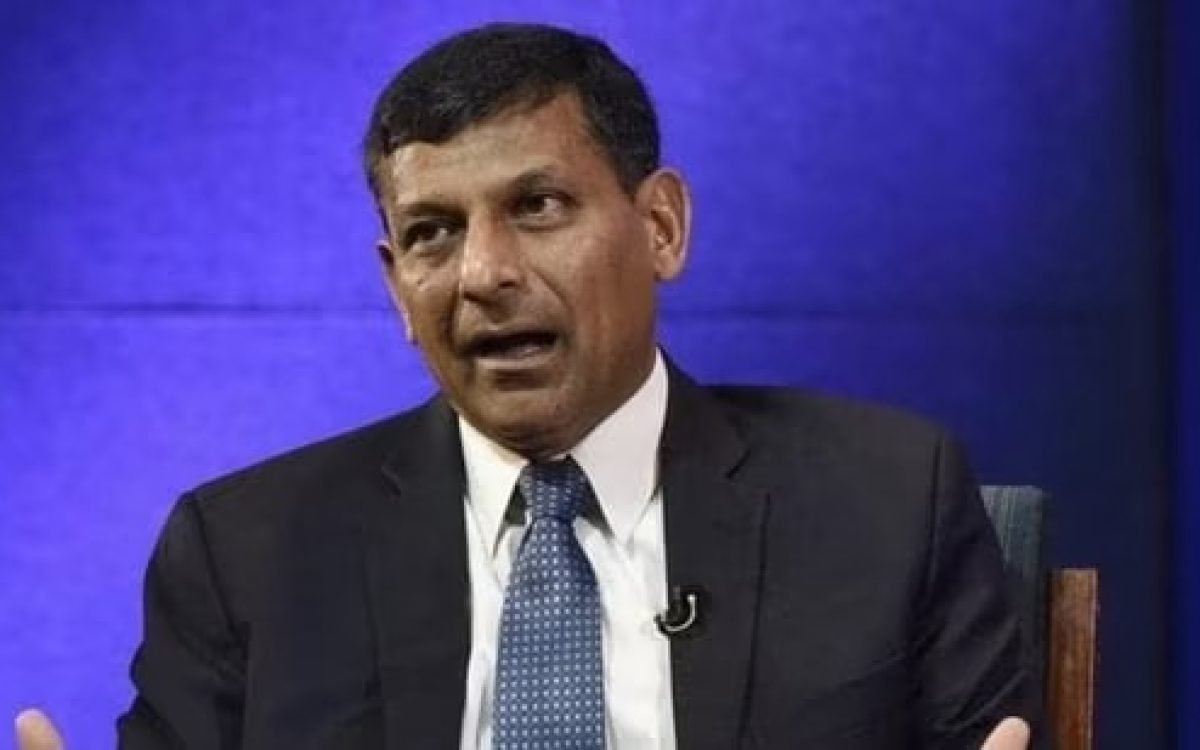Former Reserve Bank of India (RBI) governor Raghuram Rajan has sounded a note of caution amidst India’s apparent economic growth, warning against succumbing to “hype” and emphasizing the need to address major structural issues within the country. In a recent interview with Bloomberg, Rajan underscored the importance of fixing key challenges, particularly in the realms of education and workforce development, to unlock India’s true potential.
Rajan expressed concern that India may be falling prey to inflated perceptions of its economic prowess, cautioning against complacency and emphasizing the need for sustained effort to realize tangible progress. He highlighted the critical role of education and skill development in shaping the country’s future trajectory, identifying it as the foremost challenge facing India’s advancement.
According to Rajan, the notion of India achieving developed status by 2047 is unrealistic, given the persisting issues surrounding education accessibility and high dropout rates. He dismissed the idea as “nonsense,” stressing the imperative of addressing fundamental shortcomings before entertaining lofty aspirations.
One of Rajan’s primary concerns revolves around the employability of India’s workforce, particularly in the context of high dropout rates and inadequate education standards. He emphasized the need to bridge the gap between skill levels and job requirements, warning that a lack of human capital could hinder India’s progress for decades to come.
Highlighting the impact of the COVID-19 pandemic on learning outcomes, Rajan pointed to studies indicating a decline in learning ability among school children, underscoring the urgency of addressing educational challenges to bolster India’s future workforce.
Moreover, Rajan emphasized the importance of fostering an environment conducive to job creation, underscoring the need for strategic investments and policy initiatives to stimulate economic growth and employment opportunities.
Addressing the issue of chip manufacturing in India, Rajan stressed the significance of leveraging technological advancements to bolster domestic manufacturing capabilities, thereby reducing dependency on imports and fostering self-sufficiency.
In conclusion, Raghuram Rajan’s insights underscore the pressing need for a comprehensive approach to address India’s structural challenges and unlock its economic potential. By prioritizing education, skill development, and job creation, India can navigate towards a more sustainable and inclusive path to prosperity. However, the road ahead requires concerted effort, strategic planning, and a steadfast commitment to realizing long-term goals.









